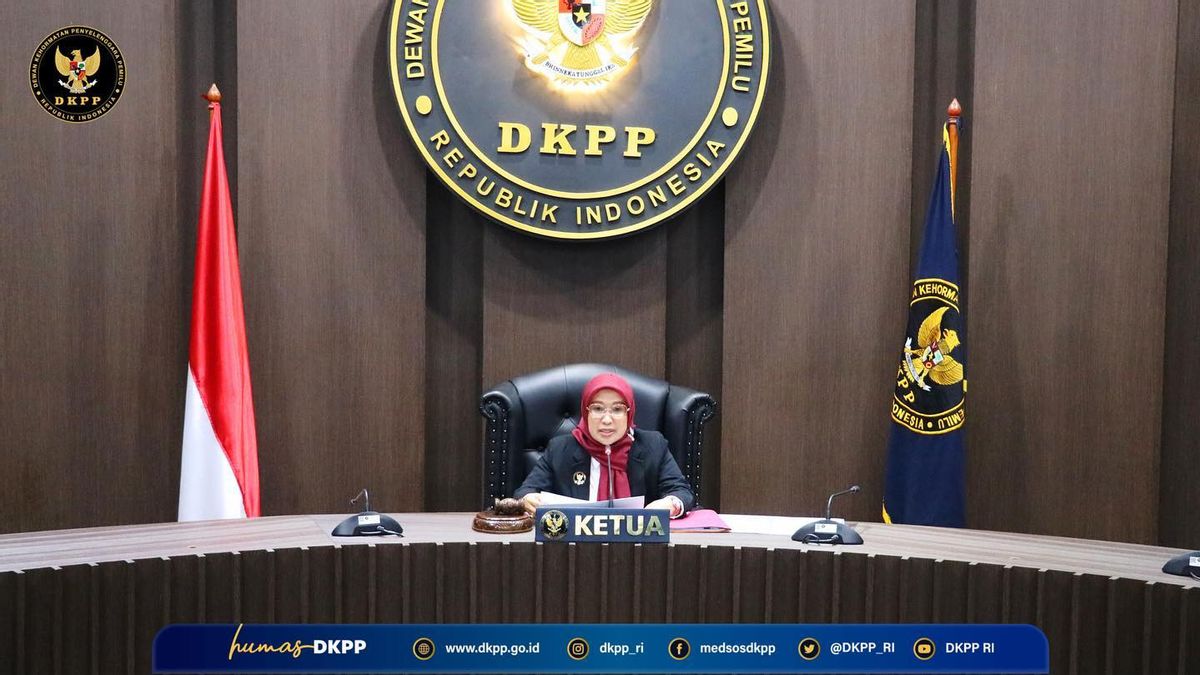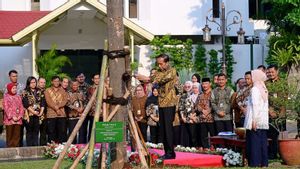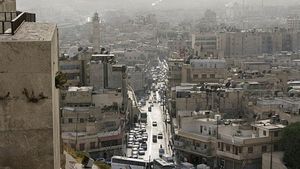YOGYAKARTA - Launching from the dkpp.go.id website, Law Number 7 of 2017 concerning General Elections states that Election Organizers are an institution that organizes elections consisting of the General Election Commission, the Election Supervisory Body, and the Election Organizing Honorary Council as one unit of the Election Implementation Function to elect members of the House of Representatives, members of the Regional Representative Council, the President and Vice President, and to elect members of the Regional People's Representative Council directly by the people (Article 1 paragraph (7)).
Furthermore, Article 1 paragraph (24) states, "The Honorary Board of Election Organizers, which is then abbreviated as DKPP, is an institution tasked with handling violations of the Election Organizer Code of ethics". Then what are the duties and authorities of the DKPP?
The explanation of the DKPP is detailed in Chapter III, Article 155-Article 166. The DKPP task is stated in Article 156 paragraph (1), namely
Furthermore, DKPP has the authority, including:
DKPP's obligation is outlined in Article 159 paragraph (3), namely;
The subject of handling the DKPP case (the litis subjectum) consists of; Complaints and Complaints. About the complainant mentioned in Article 458 paragraph (1), namely;
Meanwhile, Teradu consists of 3 elements, namely;
Although the defendants are all ranks of election organizers from the Center to the lowest level, the pattern of handling allegations of violations of the code of ethics is carried out in stages:
The explanation of the Regional Audit Team, which is subsequently referred to as TPD, is regulated in Law no. 7 of 2017 Article 164 paragraph (1), (2), (3) and (4), namely:
The DKPP decision is final and binding (finals and binding). In 2013, the nature of the decisions regulated since the DKPP still used Law Number 15 of 2011 concerning Election Organizers had a judicial review at the Constitutional Court (MK) by civil society groups. As a result, through the Constitutional Court Decision Number 31/PUU-XI/2013, the Constitutional Court decided that the final and binding nature of the DKPP decision must be interpreted as final and binding for the President, KPU, Provincial KPU, Regency/City KPU, as well as Bawaslu in carrying out the DKPP decision.
SEE ALSO:
In Law no. 7 of 2017 concerning General Elections, the final and binding decision of DKPP also remains unchanged (Article 458 paragraph (10). The decision-making process is regulated in Article 458 paragraph (10), (11) and (12), namely:
So after knowing the duties and authorities of the DKPP, see other interesting news in VOI, it's time to revolutionize news!
The English, Chinese, Japanese, Arabic, and French versions are automatically generated by the AI. So there may still be inaccuracies in translating, please always see Indonesian as our main language. (system supported by DigitalSiber.id)











